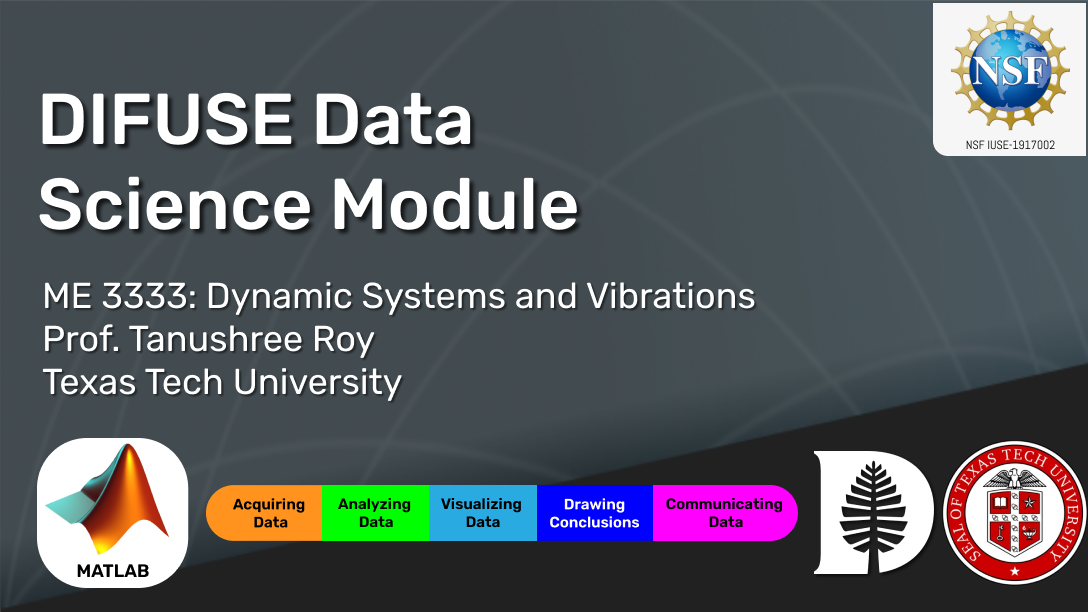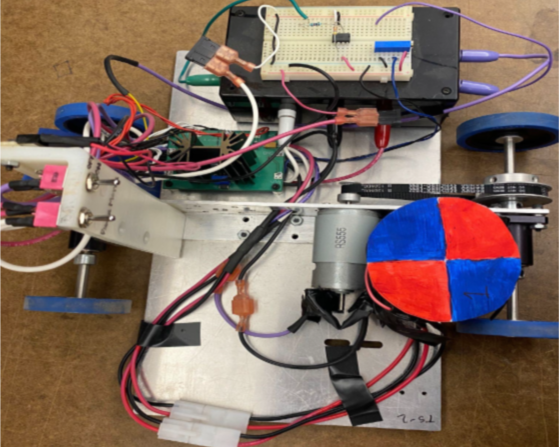Department of Mechanical Engineering
Smart Human-centric Automation Resilience (SHARE) Lab
ME 3333 Dynamical Systems and Vibrations (Fall 22-Spring 25)
Syllabus: Download
This course covers modeling, analysis, and control of dynamical systems, including mechanical, electrical, thermal, fluid systems and their combinations (mixed systems). Utilization of data to model systems will be briefly introduced. The processes of energy storage and dissipation, which are common for different kinds of dynamic systems, will be emphasized in investigating general principles for modeling various dynamic systems. Basic concepts in system theory such as transfer functions, state space, and stability notions will be introduced. Furthermore, free, forced, and harmonic response of linear time-invariant systems will be covered. Most of the content will be restricted to linear-time-invariant systems; however, local linearization around nominal operating points will be taught to analyze nonlinear systems.
Incorporation of data science in dynamical systems (in collaboration with Dartmouth, NSF DIFUSE):
Module 1 objective: Students learn how to obtain system parameters from data, evaluate the linearity of a system, investigate sources of uncertainty that arise when using real-world data, and reflect on data aggregation.


Open Educational Resources
Through the 2023 Open Educational Resources (OER) Incentive Grant from Texas Tech University Library, I created a self-contained OER education material for dynamical systems theory, with sections dedicated to the preliminaries of relevant elementary mathematical concepts. This OER is innovative in terms of introducing current and industry-relevant topics and modern system-theoretic concepts such as state-space representations, early on. This project aims to improve the retention and success of undergraduate students by providing them with all the necessary resources to succeed in the course without access to a traditional textbook.